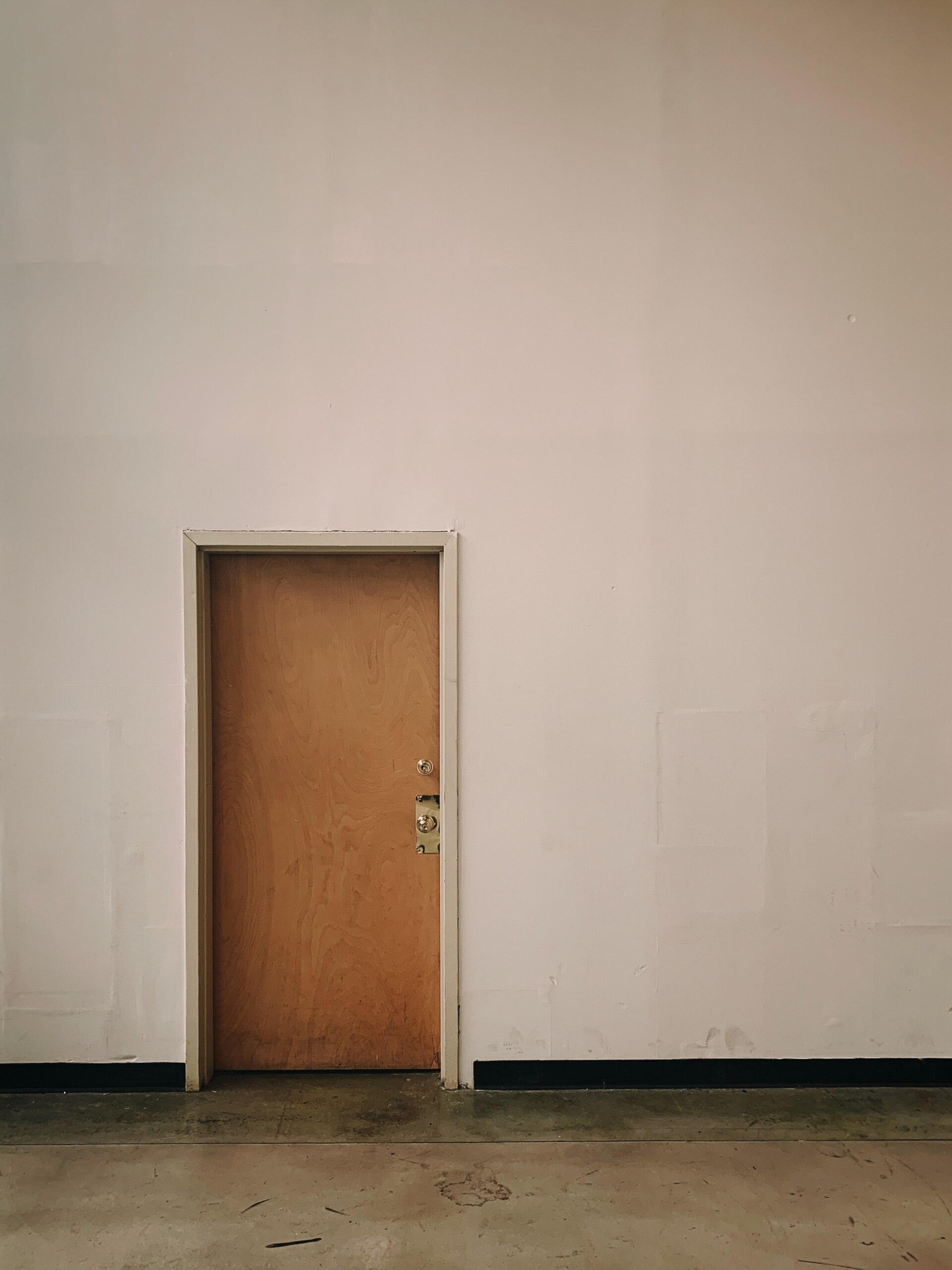Louisiana Next in Line for Arizona Illegal Immigration Bill, and Its Consequences
D.C. think tank claims tourism industry could be hit hard
BATON ROUGE, La. – Arizona’s controversial immigration law is coming to Louisiana, at least if Rep. Ernest Wooton’s (I – Belle Chasse) “Louisiana Citizens Protection Act” passes.
HB 411, already introduced to the House on April 25, would require law enforcement officers that conduct lawful stops to determine citizenship status of detainees, where reasonable suspicion exists. Similar legislation is pending in Utah, Georgia, Colorado, and Florida.
What counts as worthy of suspicion is not immediately clear, since the bill specifies that law enforcement cannot use race, color, or national origin as a means of enforcing the law. Individual officers will have to use their own discretion, which leaves the door open for accusations of stereotyping.
 And a recent comment by Rep. Wooten didn’t exactly lay such fears to rest. “I’m not a racial profiler, but where do you draw the line?” he said.
And a recent comment by Rep. Wooten didn’t exactly lay such fears to rest. “I’m not a racial profiler, but where do you draw the line?” he said.
The bill specifically targets people who hire day laborers off the streets, since it states that the knowing transportation or shelter of illegal immigrants with intent to avert enforcement officials will become against the law.
The legislation comes on the heels of a study from the Pew Hispanic Institute which claims the number of illegal immigrants in Louisiana has doubled since 2007.
Paul Donnelly, staff member from 1993-1997 on the bipartisan U.S. Commission on Immigration Reform, claims the real problem with this type of legislation is that federal courts will shoot it down. Currently the states, he says, cannot enact their own immigration policies because that would violate federal law.
Last year, the U.S. Department of Justice filed an injunction that prohibited certain sections of the Arizona bill from becoming law. These include requiring police to question people’s immigration status, requiring immigrants to carry immigration papers, making it a criminal offense for illegal immigrants to seek employment, and allowing authorities to arrest suspected illegal immigrants without a warrant.
 Arizona Gov. Jan Brewer is currently petitioning the U.S. Supreme Court to overturn the lower courts ruling against the controversial Arizona bill, although certain portions of the bill were not challenged. Notably, the stipulation that prohibits stopping a vehicle in traffic to pick up day laborers and the state-led prohibition of sanctuary cities.
Arizona Gov. Jan Brewer is currently petitioning the U.S. Supreme Court to overturn the lower courts ruling against the controversial Arizona bill, although certain portions of the bill were not challenged. Notably, the stipulation that prohibits stopping a vehicle in traffic to pick up day laborers and the state-led prohibition of sanctuary cities.
Donnelly claims there is no doubt that legislation aiming to punish illegal aliens, “sends a less than welcoming signal to legal immigrants and foreign visitors.” His preference is to block employment opportunities by closing “the back door to illegal immigration, which means fixing E-Verify so it works.”
Aside from legal difficulties, a 2010 report from the Center for American Progress suggests that Arizona experienced significant economic hardship after it enacted the controversial legislation, particularly in the tourism industry. Arizona lost out on over 40 conventions, which translated to $141 million in forgone revenue, $9.4 million in tax revenue, and a loss of 2,761 jobs.
“This report provides a clear window into the potentially catastrophic impacts of pursuing harsh, state-based immigration policies.”
For example, Alpha Phi Alpha Fraternity Inc., an historically black fraternity, moved it’s convention from Phoenix to Las Vegas to protest passage of the Arizona legislation. The Las Vegas Convention and Visiting Authorities claim this convention alone created a $1.1 million economic impact.
Danny Court, senior economist at the Elliot D. Pollack, & Co. – an Arizona-based consulting firm – claims that the economic effects in Arizona will not be short-lived.
 “This loss in economic activity is expected to be spread over multiple years.”
“This loss in economic activity is expected to be spread over multiple years.”
The report comes after the New Orleans Metropolitan Convention and Visitor’s Bureau faces a $2.3 million budget shortfall for 2011, even after receiving $8.2 million in taxpayer funded grants.
The Reason Foundation has reported that two thirds of illegal immigrants do pay Medicare, Social Security, personal income taxes, and sales taxes, while the Institute for Taxation and Economic Policy estimates that in 2010 illegal immigrants generated $11.2 billion in state and local taxes.
Conversely, the Center for Immigration Studies claims that 57 percent of households headed by an immigrant (legal or illegal) with children under 18 use at least one welfare program, compared to 39 percent of native households. This in line with the perception that immigrants burden the welfare system, which the Heritage Foundation projects will cost U.S. taxpayers $10.3 trillion over the next 10 years.
Robert Ross is a researcher and social media strategist with the Pelican Institute for Public Policy. He can be contacted at rross@pelicanpolicy.org, and you can follow him on twitter.
.
.





